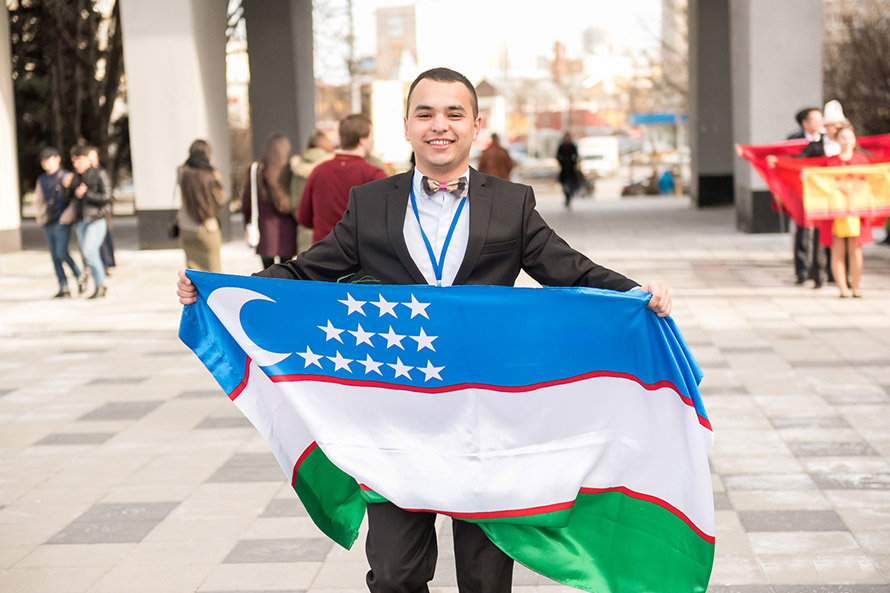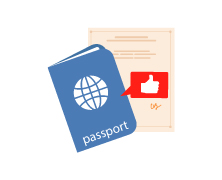Russian universities had 14,000 Uzbek students in the 2015-2016 academic year. Prospective Uzbek students’ preferred fields of study are medicine, oilfield development, geology and linguistics.
How to Choose a University
First of all, you should decide on what you want to be. Russian universities train highly skilled physicists, mathematicians, chemists, oil/gas field development specialists, doctors and civil engineers. Use the convenient search service on our website to select an education programme in your field of study and see the universities that offer it.
Some classical universities are composed of colleges that provide training for various branches, from construction to linguistics. These are Immanuel Kant Baltic Federal University, Siberian Federal University and Ural Federal University.
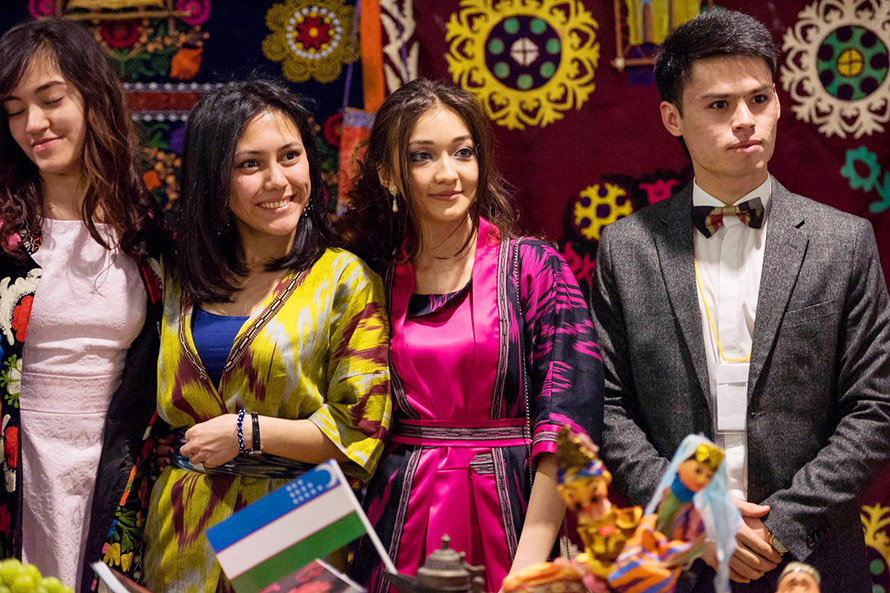 © MISIS
© MISIS
Field-specific universities only train engineers, doctors or specialists in one or two areas. National Research Nuclear University MEPhI (Moscow Engineering Physics Institute) is focused on training nuclear power engineers, I.M. Sechenov First Moscow State Medical University turns out doctors while Samara University educates aircraft designers and space industry specialists.
When selecting a university, pay attention to the region where it is located. Russia is a large country having different climate zones. Central heating is a standard convenience in all Russian regions delivering comfort throughout cold spells.
You can seek a government scholarship or enter a university under study contract; the first thing you have to do after selecting a university is to contact its International Office. You can do it on our website. Create a personal account, apply to your university and expect a reply within ten days.
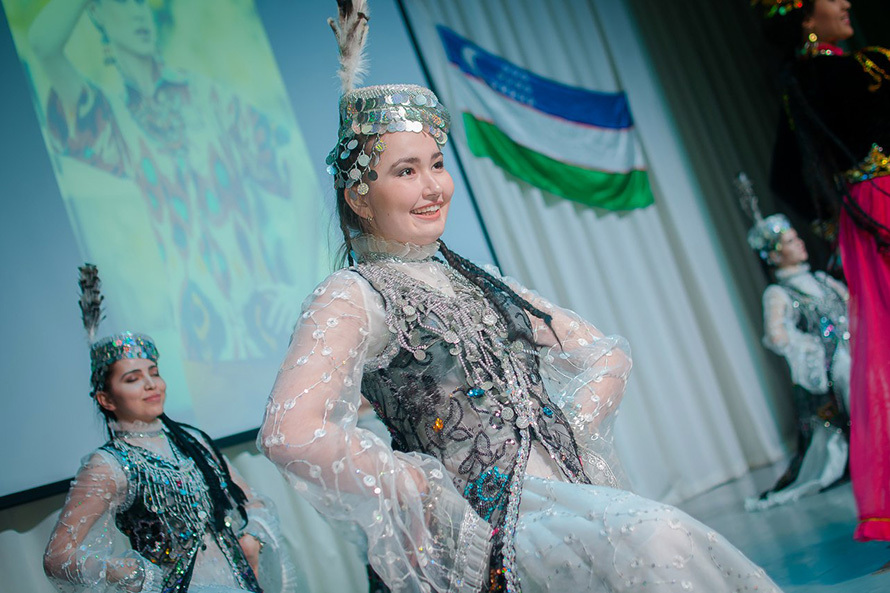 © MISIS
© MISIS
Study in Russia for Quota Uzbek Students (Government Scholarships)
Prospective students and ethnic Russians from Uzbekistan can seek scholarships within the Russian government quota for international students. According to the Russian Science and Culture Centre in Tashkent, 150 government-funded places were allocated within the 2016 scholarship scheme; the Centre received more than 4,000 study-in-Russia applications from prospective Uzbek students.
Applications open in autumn, i.e. almost a year before the first term. Competitive selection comes next. The best prospective students are recommended for admission to universities. The competition is high, so it is best to prepare for the examinations in advance as only the most high-achieving candidates are admitted. Competitive selection results are announced after all the applications have been reviewed. Representatives of the Uzbekistan department of Russia’s Federal Agency for the Commonwealth of Independent States, Compatriots Living Abroad, and International Humanitarian Cooperation will answer your questions concerning scholarships.
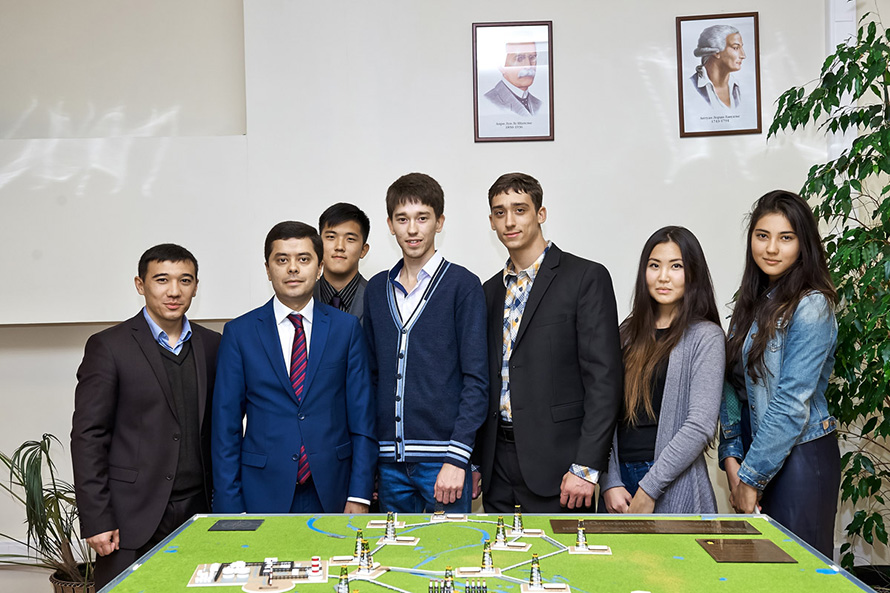 © MISIS
© MISIS
Tuition fees in Russia
Russia’s Higher Education Systems has several levels:
Bachelor’s Degree
It the first higher education level which takes four years of full-time study to complete and five years if you study part-time. Graduates gain basic knowledge and skills and are awarded a higher education diploma.
Education costs
Tuition fee for Oil and Gas Field Development undergraduate programme at Kazan (Volga region) Federal University is 187,000 rubles ($3,115) a year; tuition fee for an engineering programme at Samara University slightly exceeds 100,000 rubles ($1,660) a year.
Master’s Degree
It is the next education level which takes two years to complete. Students get further professional training in their chosen fields. An economist can select specialisation in financial markets; a lawyer can focus on international law.
Education costs
Tuition fee for a Russian-taught Biotechnology master’s programme at Far Eastern Federal University is 141,000 rubles ($2,350) a year. Tuition fee for English-taught System Programming at Ural Federal University is 170,000 rubles ($2,830) a year.
 © MISIS
© MISIS
Specialist’s Degree
Length of study: not less than five years.
Education costs
Specialist’s degree is offered at medical universities. Tuition fee for Medical Care programme at Immanuel Kant Baltic Federal University and I.M. Sechenov First Moscow State Medical University is 84,000 rubles ($1,400) a year and 350,000 rubles ($5,830) a year, respectively.
Medical Internship
Medical university students who completed six years of specialist's degree studies can opt for further training, for example, for the profession of cardiologist or endocrinologist. Internship programmes length of study is two to four years.
Education costs
Tuition fees for all internship majors at Immanuel Kant Baltic Federal University amount to some 180,000 roubles ($3,200) a year. Tuition fee for cardiology programme at Russian Peoples' Friendship University is 260,000 rubles ($4,330) a year.
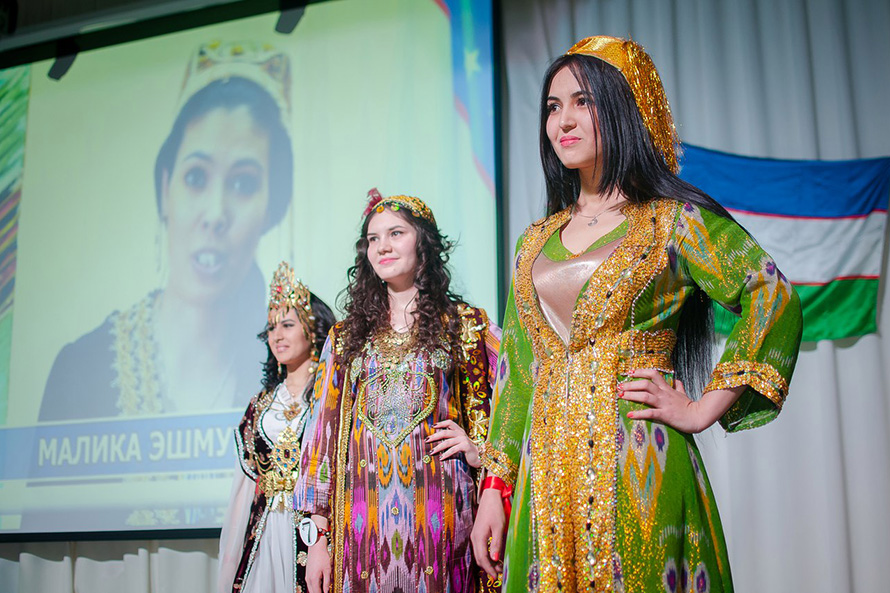 © MISIS
© MISIS
Postgraduate Study
Master’s degree holders and specialists in all fields except medicine can enrol for postgraduate courses if they wish to pursue research and research degree. Length of study is three to four years.
Education costs
Tuition fee for FEFU postgraduate programme in architecture is 150,000 rubles ($2,500) a year; tuition fee for Moscow Institute of Physics and Technology Biophysics programme is 250,000 rubles ($4,160) a year.
Tips for Prospective Uzbek Students Applying to Russian University
If you submit application documents directly to the university (you can apply using our website), check with its International Office which entrance tests you have to prepare for and whether you have to come to the university for the examinations or take them online. Some universities offer prospective Uzbek students to take the examinations in their home country. Those who have chosen University of Tyumen can apply online, and then come to the Russian Centre of Science and Culture in Tashkent to do the tests.
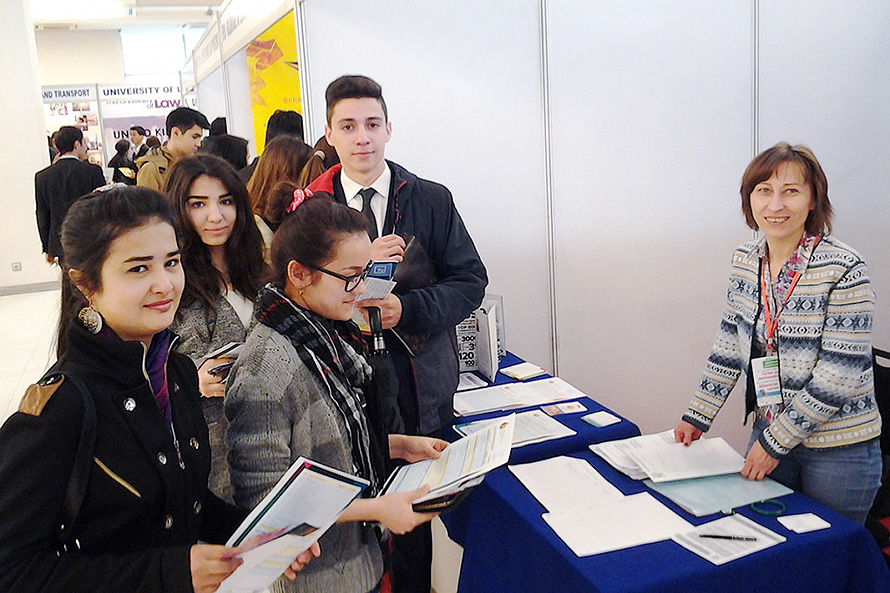 © MISIS
© MISIS
The Admissions Office of National Research Tomsk Polytechnic University and some other Russian universities comes to the Uzbek capital every year; prospective students can submit their applications and take entrance tests at the Russian Centre of Science and Culture.
Applicants have to prepare a package of documents which normally includes a filled out application form, a copy of passport, a document confirming the education level and medical certificates. For details, contact the International Office of the university you have chosen.






















































